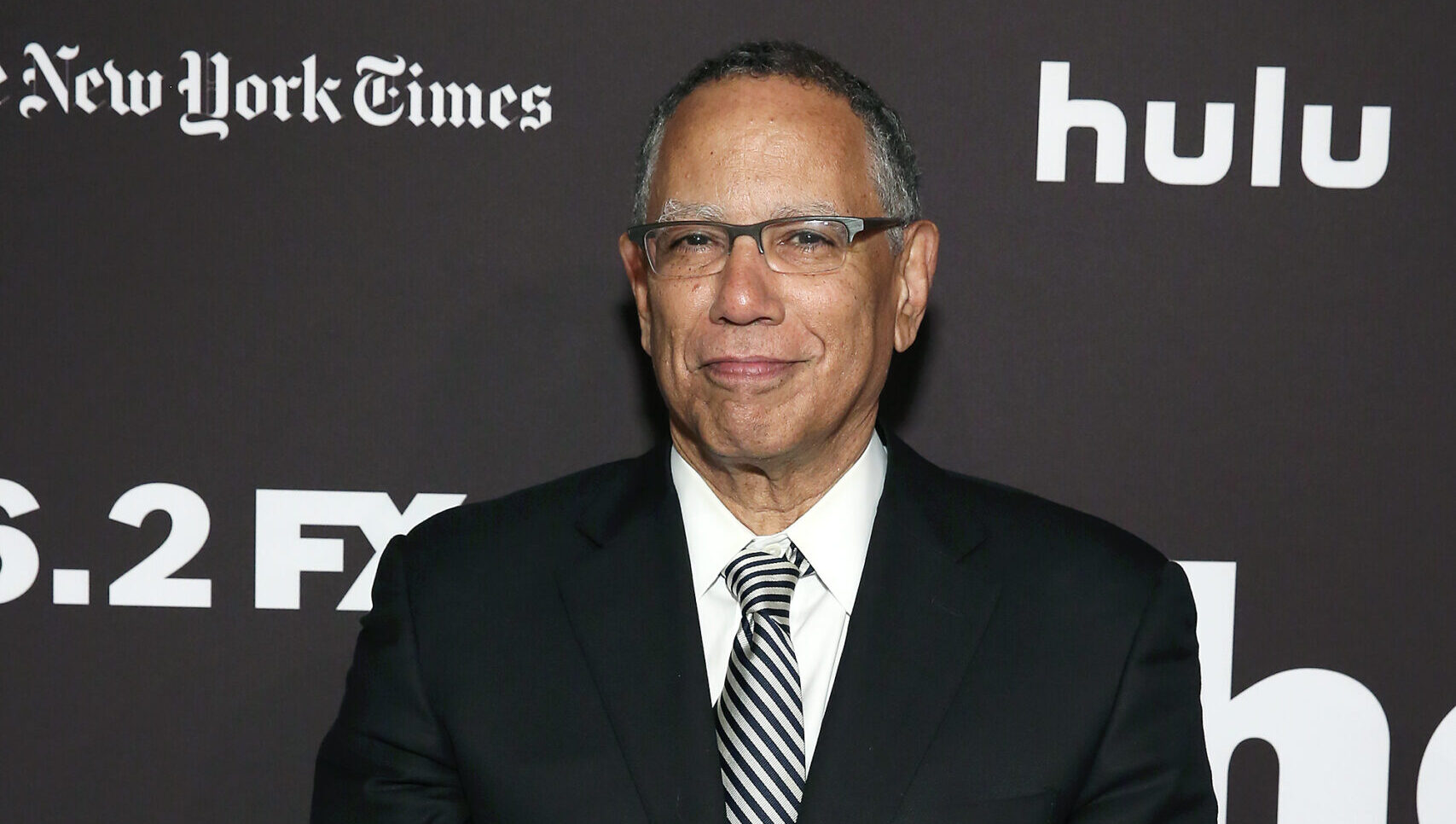NYT’s Dean Baquet Walks Back Position on Racist Language: ‘Of Course Intent Matters’

Photo by Monica Schipper/Getty Images
New York Times executive editor Dean Baquet reversed course on newsroom policy toward racist language, telling staffers in a meeting Thursday that “of course intent matters.”
The fresh directive from the top editor of the Times comes after an uproar in the newsroom over the case of veteran Times science reporter Don McNeil, who resigned after a Daily Beast report on his alleged use of racist language during a Times-sponsored student trip.
The Daily Beast reported in January that McNeil, as a guide on a 2019 trip with students to Peru, was accused of using racist language, making sexist remarks, not respecting local customs, and stereotyping Black teenagers while on the trip. After the Beast report, McNeil admitted that he had used the n-word, but in a descriptive context.
Following the Daily Beast report, Baquet revealed in a statement to staff that, at the time the allegations were raised in 2019, “I authorized an investigation and concluded McNeil’s remarks were offensive and that he showed extremely poor judgment, but it did not appear to me that his intentions were hateful or malicious.”
Days later, more than 150 Times staffers sent a letter to Times publisher A.G. Sulzberger expressing concern over Baquet’s statement.
“Despite The Times’s seeming commitment to diversity and inclusion, we have given a prominent platform – a critical beat covering a pandemic disproportionately affecting people of color – to someone who chose to use language that is offensive and unacceptable by any newsroom’s standards,” the letter said.
Baquet, Sulzberger, and chief executive Meredith Kopit Levien responded to the letter, saying that they “largely agree” with the staffers’ concerns. “We are determined to learn the right lessons from this incident,” they wrote, according to a Washington Post report. “You will see results.”
Those apparent results came two days later, when the Times announced that McNeil was leaving the paper. A note from Baquet and managing editor Joe Kahn seemed to indicate that, despite Baquet’s earlier statement that McNeil’s alleged remarks weren’t intended to be malicious, intent actually doesn’t matter when it comes to the use of racial slurs.
“We do not tolerate racist language regardless of intent,” the note said. “We are committed to building a news report and company that reflect our core values of integrity and respect, and will work with urgency to create clearer guidelines and enforcement about conduct in the workplace, including red-line issues on racist language.”
In comments to staffers during a meeting on Thursday morning, Baquet appeared to walk back the “regardless of intent” statement.
“In our zeal to make a powerful statement about our workplace culture, we ham-handedly said something you rightfully saw as an oversimplification of one of the most difficult issues of our lives,” Baquet said in a staff meeting, according to comments obtained by Mediaite. “It was a deadline mistake and I regret it.”
“Of course intent matters when we are talking about language in journalism,” Baquet continued. “The author and his purpose also matter, the moment matters. The slur we’ve been discussing is a vile one. I’ve been called it. But it appears in our pages and it will no doubt appear in our pages again. It should not be used for effect. It comes with a grim history and it’s a blow to the gut … each use should be put to the test. That’s why we have a style book. But the main thing is of course intent matters.”
The McNeil controversy, along with the departure of Caliphate producer Andy Mills, has reportedly caused significant rifts within the Times newsroom.
NBC News media reporter Dylan Byers tweeted Thursday that Times columnist Bret Stephens claimed Sulzberger “spiked” a column that took issue with the newspaper’s handling of the McNeil issue, particularly Baquet’s “regardless of intent” statement. A Times spokesperson told Mediaite that this is not actually the case.
“The decision not to run [Stephens’] column was made by Kathleen Kingsbury, the Times opinion editor,” Times spokesperson Eileen Murphy told Mediaite.
According to Byers, Stephens’ column asked whether “any of us want to live in a world, or work in a field, where intent is categorically ruled out as a mitigating factor? I hope not.”
“What Bret says about A.G. spiking it is not accurate. It was Kathleen’s decision to make, and A.G. supported her,” a source at the Times told Mediaite. “Columns have to meet a publishing standard, and when they don’t, we don’t run them. There are many reasons not to run a column. Most important [in this case, the column] was built around the idea of use of racist language regardless of intent. Kathleen knew Dean was going to clarify his position on that, and the column makes no sense in light of that.”
“The Times is not an institution that is afraid to run critical coverage of ourselves,” this source added, pointing out that the Times has previously published columns by Stephens that are critical of the newspaper.
New: The Mediaite One-Sheet "Newsletter of Newsletters"
Your daily summary and analysis of what the many, many media newsletters are saying and reporting. Subscribe now!






Comments
↓ Scroll down for comments ↓